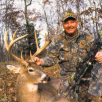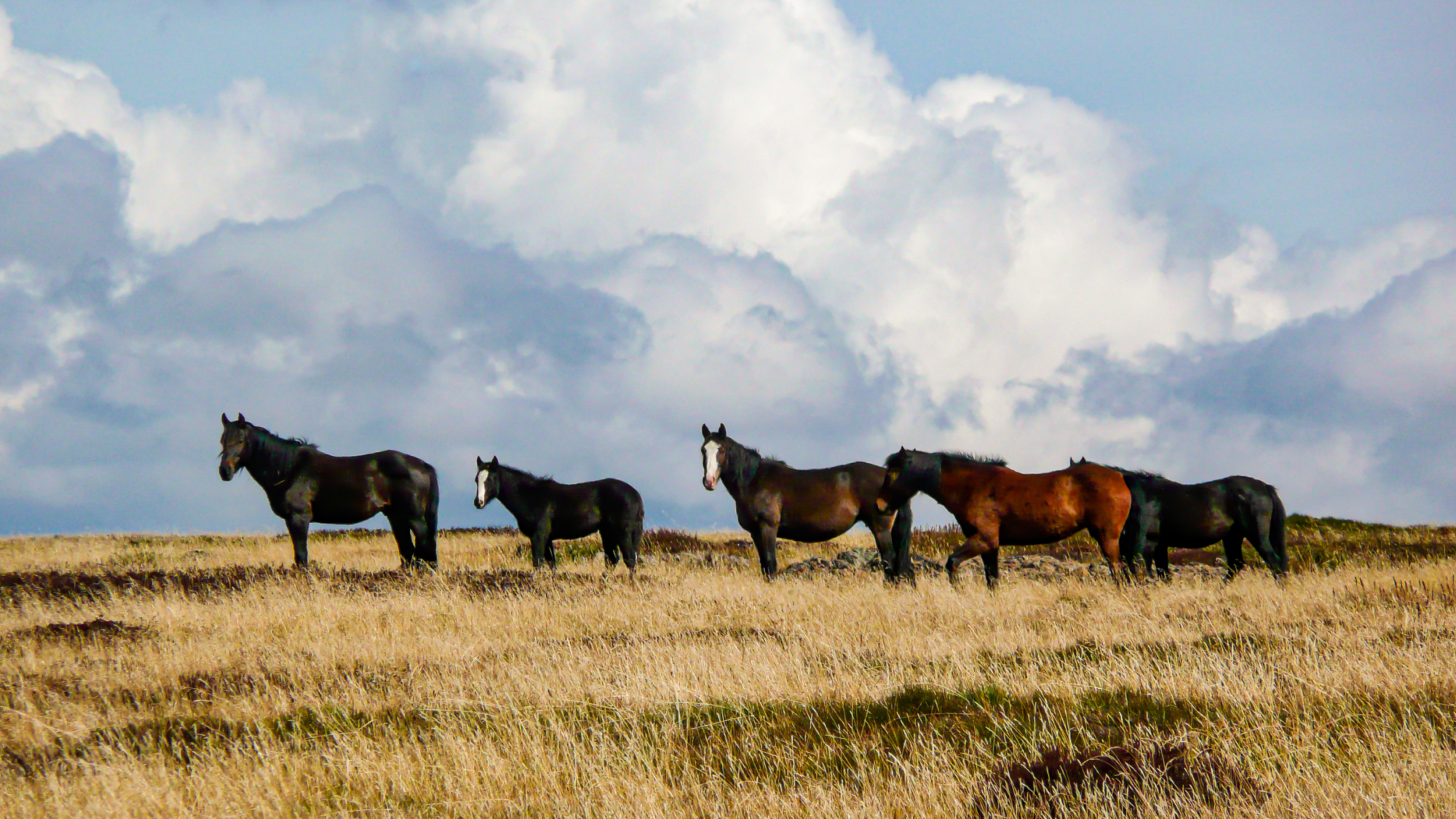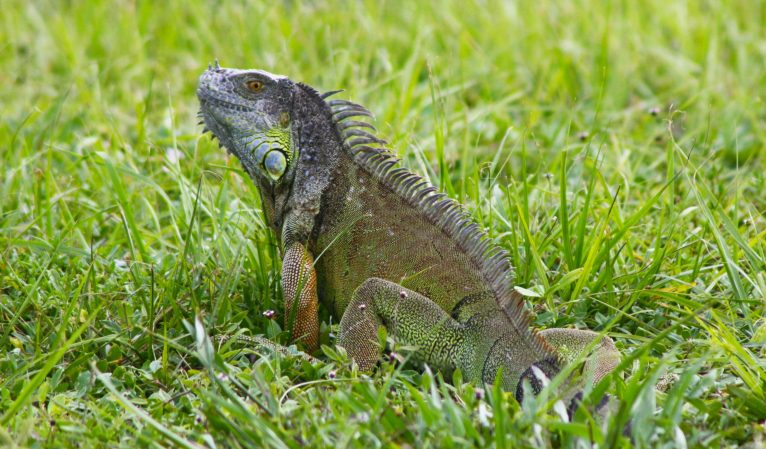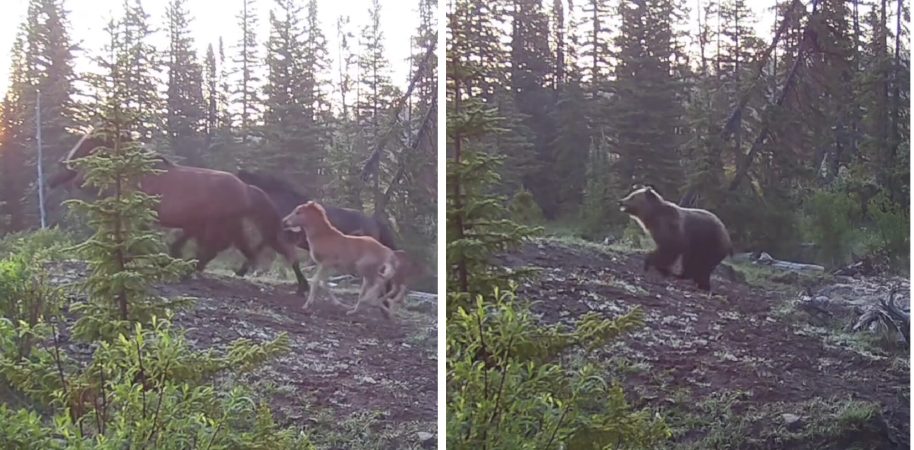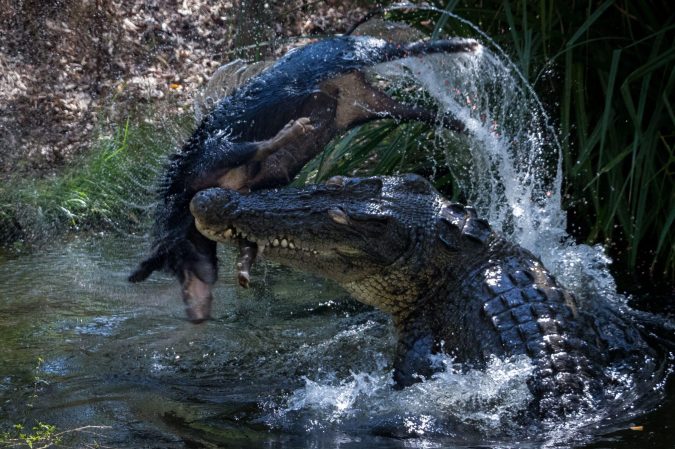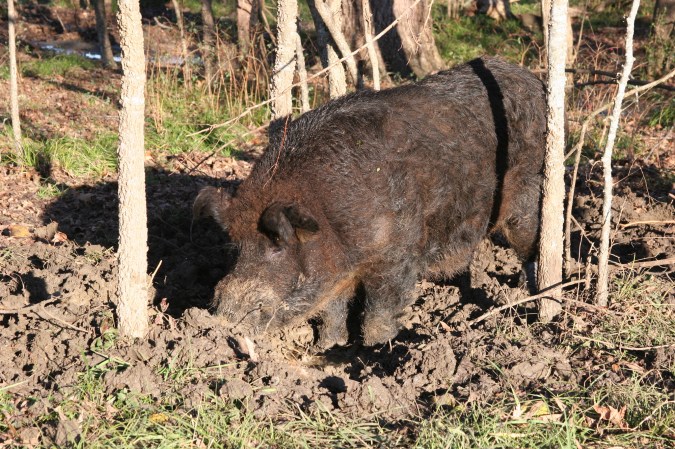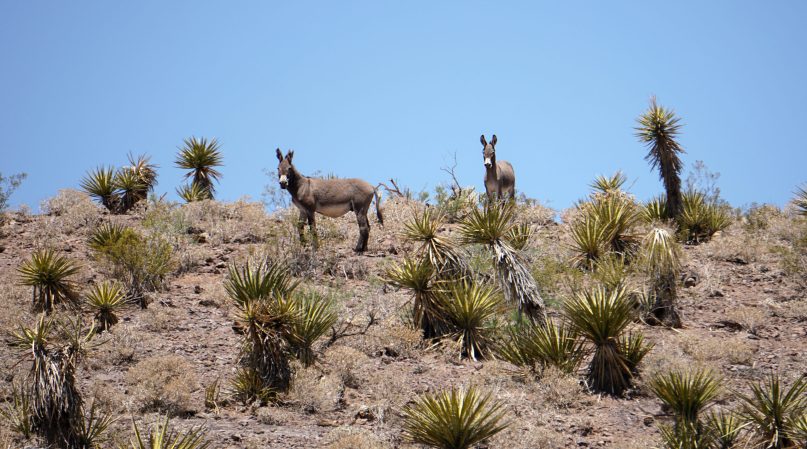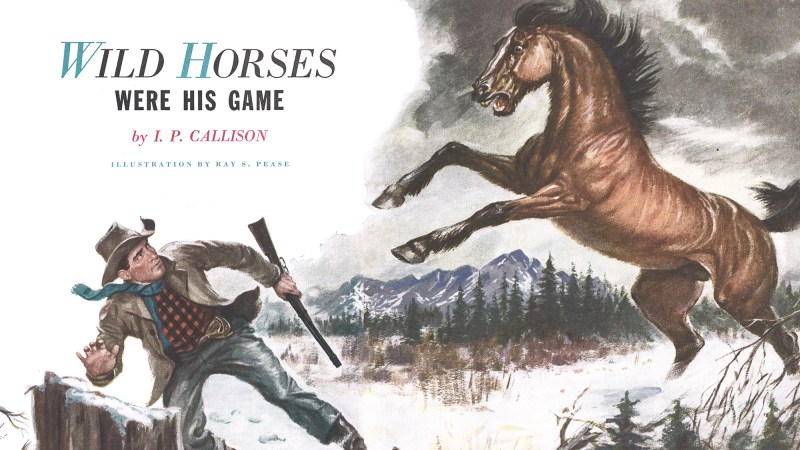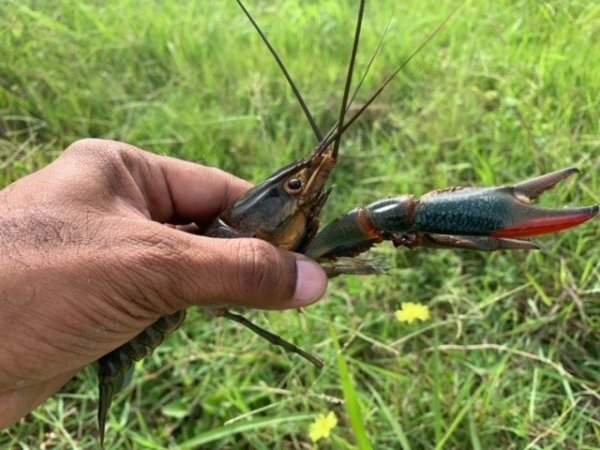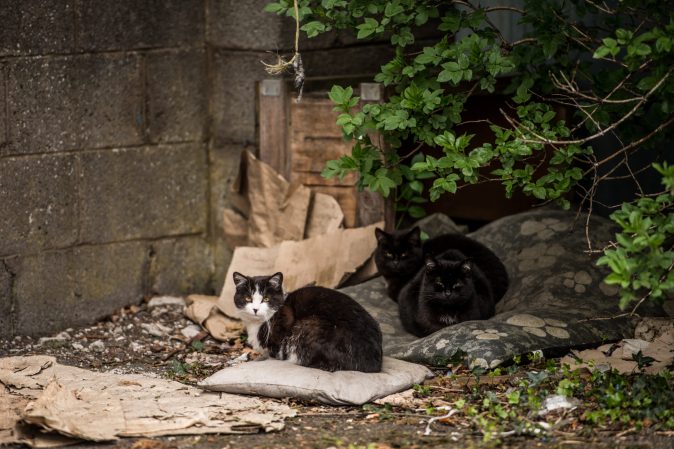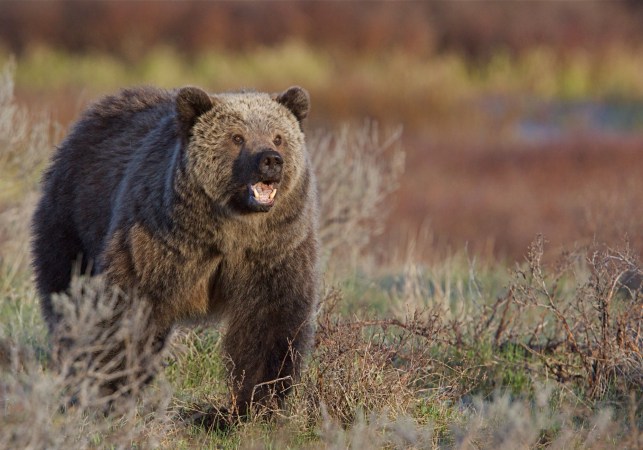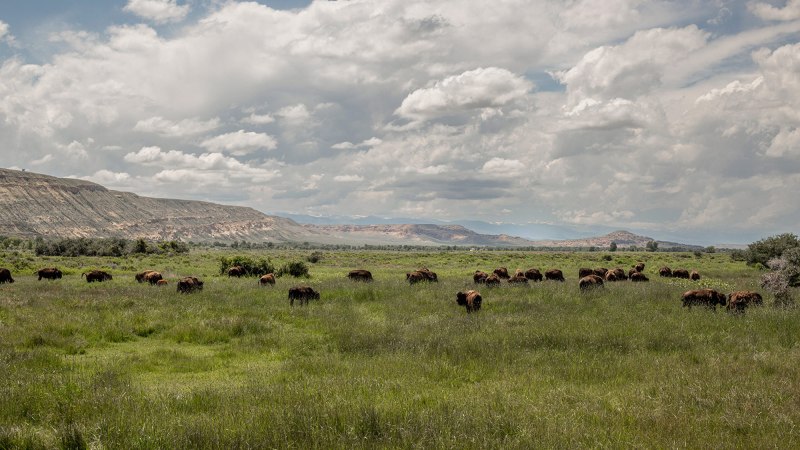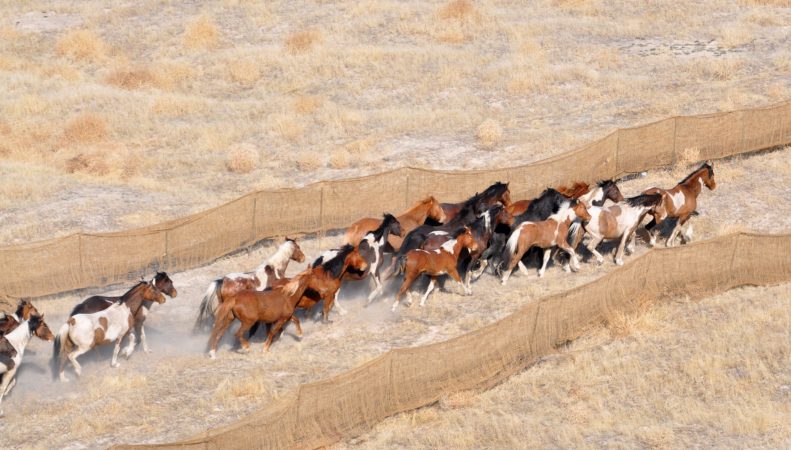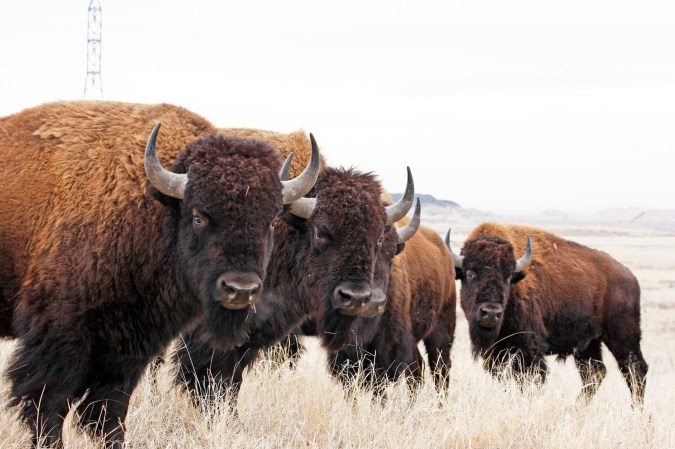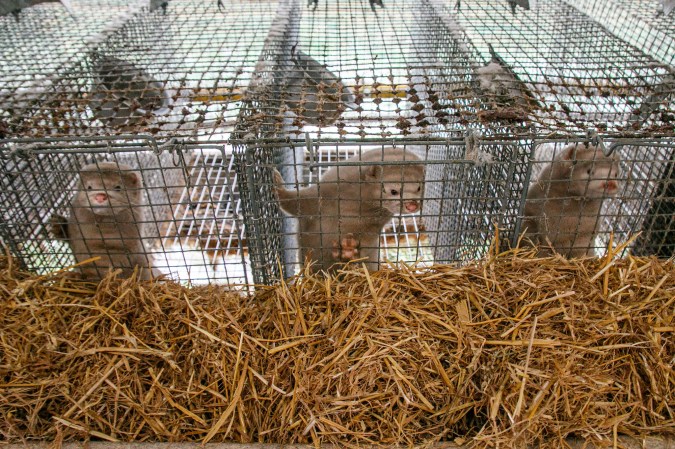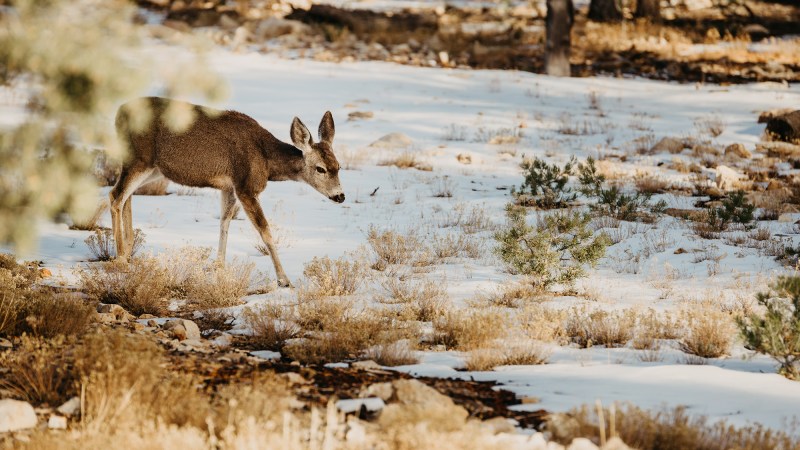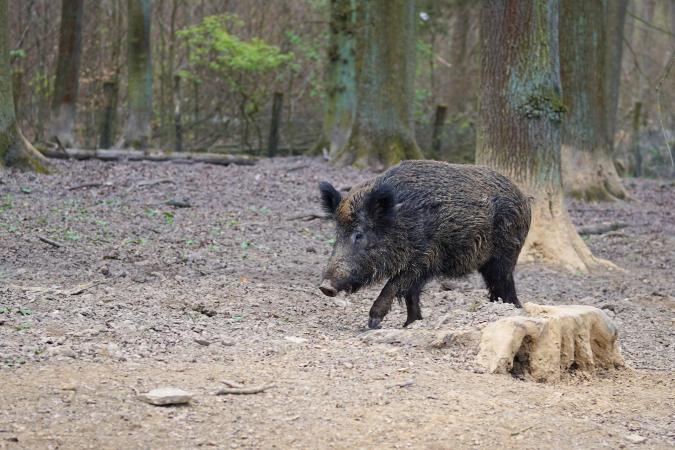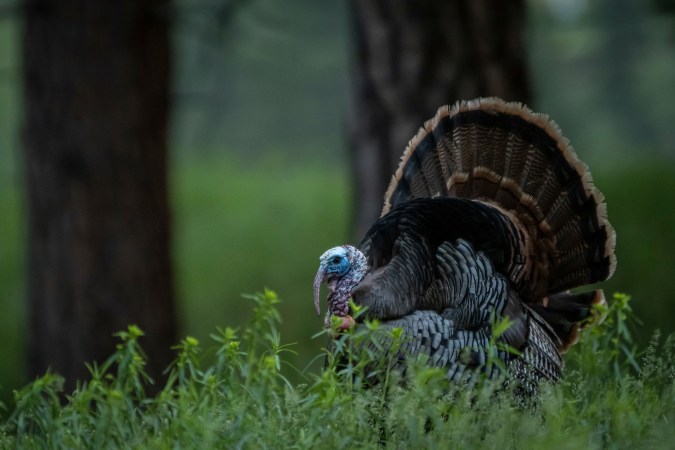The Australian government has announced an ambitious plan to cull thousands of wild horses using helicopters and sharpshooters. The effort will concentrate in and around Kosciuszko National Park, which encompasses the Snowy Mountains—better known as the “Australian Alps.” The park is also home to about 19,000 wild horses, according to a 2022 survey conducted by the New South Wales government.
Environmental authorities say this feral population is negatively impacting the park’s native species, and particularly its delicate alpine ecosystems. They’ve announced a goal of reducing that number to roughly 3,000 animals by 2027.
“There are simply too many wild horses in Kosciuszko National Park,” New South Wales environment minister Penny Sharpe told The Guardian. “Threatened native species are in danger of extinction and the entire ecosystem is under threat … I want to make sure our national parks staff have all the options they need to reach the population target and protect this precious alpine environment.”
Those options include aerial sharpshooting, which allows wildlife managers to efficiently remove animals over large expanses of rough terrain. It could also be one of the only effective options left, as other attempts to reduce the park’s wild horse population have proven unsuccessful. This practice has been met with extreme controversy in the past, and public outcry was swift when Australia conducted its last aerial sharpshooting operation, killing 600 horses in 2020. Many people also have a strong emotional reaction to management of wild horses, known as “brumbies” in Australia.
Public opinion on feral horse management in the U.S. remains fraught, but attitudes in Australia seem to be shifting. The country’s government sought public input about the most recent horse culling proposal in Kosciuszko, and more than 80 percent of the respondents were in favor in lethally removing the animals. Although they still have a cultural value to many Australians, wildlife managers and environmental experts are trying to convince the public that wild horses grazing and damaging natural resources to the detriment of native species.
“I can’t stand by and say the status quo is adequate, because the harm and damage that’s happening to the park is too great,” Sharpe said. “I love horses, but they don’t belong in national parks. Feral horses are causing serious damage to our native plants and animals, including many endangered species in the Australian Alps.”
Read Next: Grizzly Bear Chases Feral Horses Through Alberta Wilderness
This issue is not unique to Australia. The Western United States also struggles with wild horse management, where drought and habitat loss already threaten native species and ecosystems. The wild horse, a heralded symbol of the West that’s also federally protected from mass population reduction tactics, compounds those issues.
“If we’re managing for the health of the landscape, [then] there are way too many horses on the landscape,” Bureau of Land Management director Tracy Stone-Manning told Outdoor Life last year. “It’s not tenable for wildlife. It’s not tenable for healthy [lands], and it’s not tenable for the horses.”
